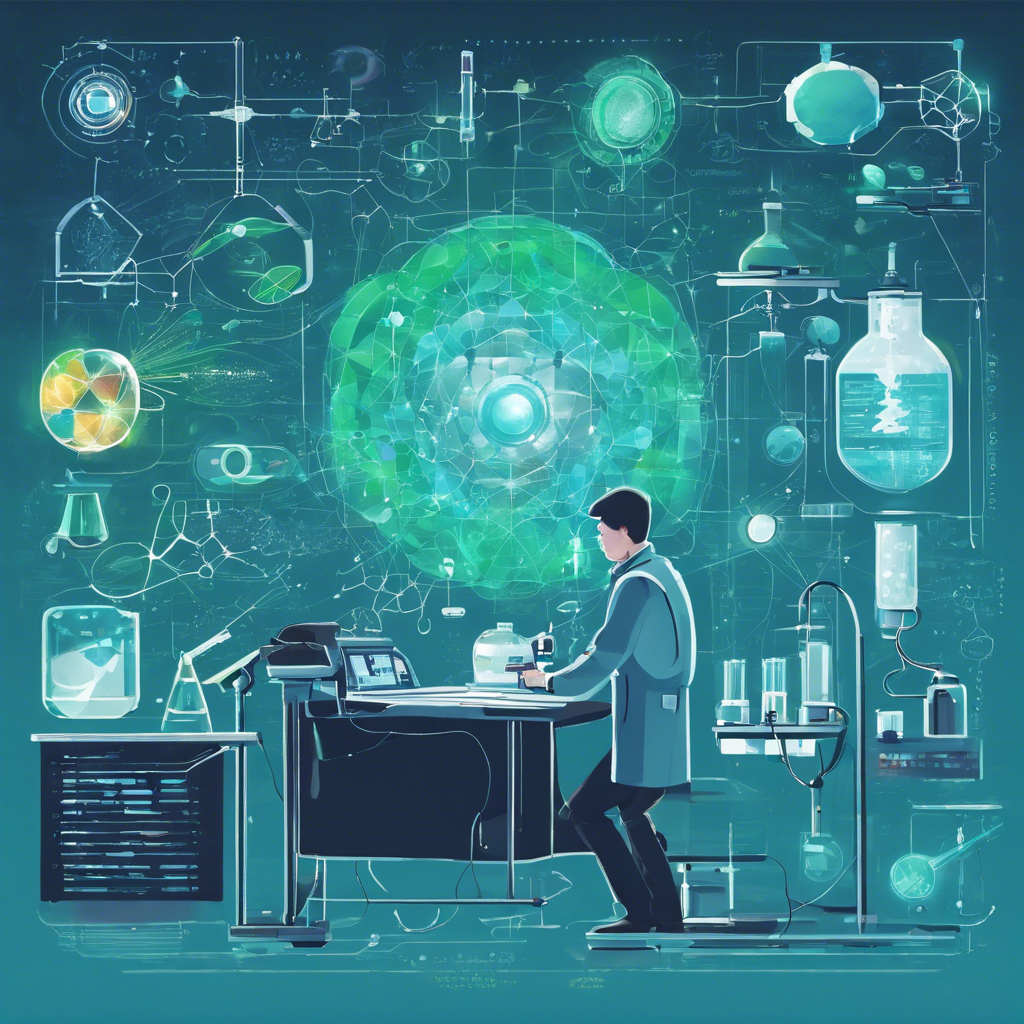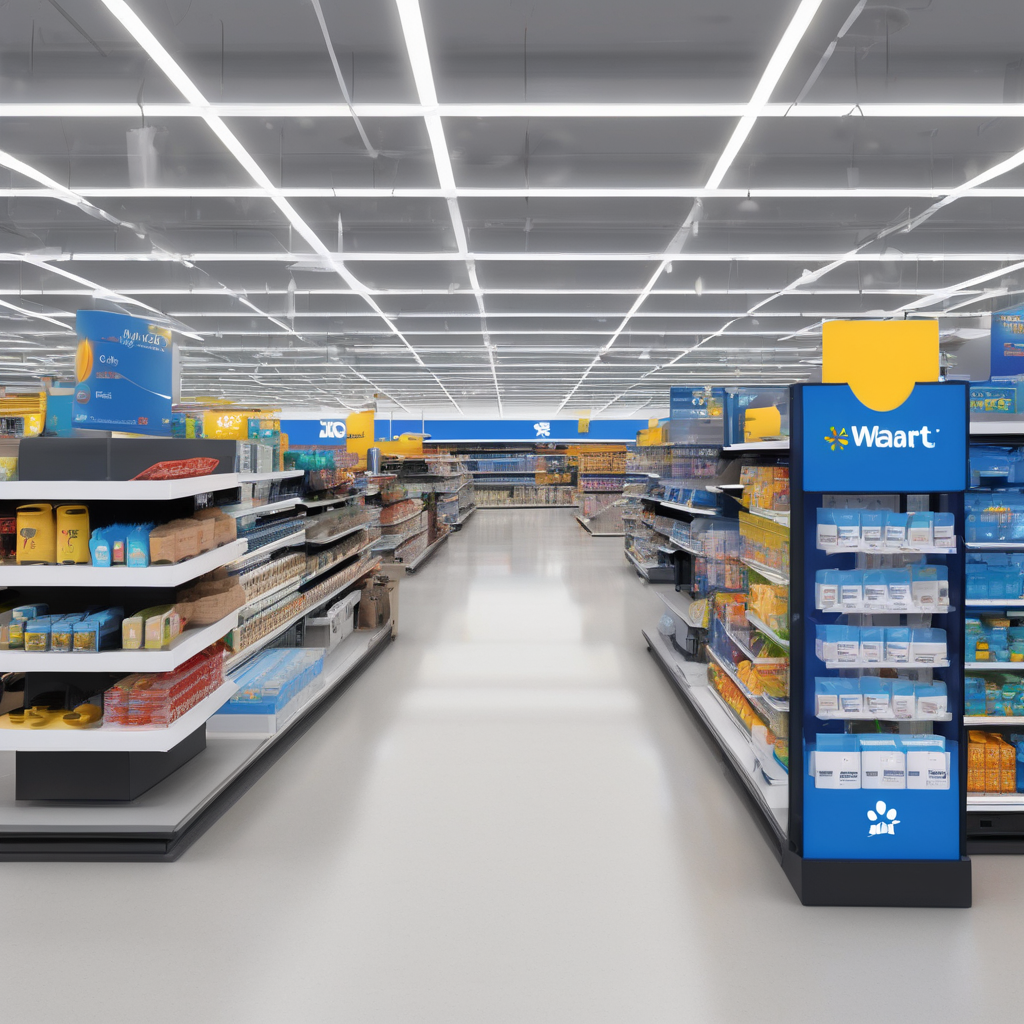
This week, artificial intelligence (AI) achieved a significant milestone by winning Nobel Prizes in Physics and Chemistry, highlighting its growing influence across various fields. However, this recognition has generated controversy among researchers regarding the appropriateness of AI in these scientific domains. Astrophysicist Jonathan Pritchard expressed skepticism on social media, stating that he finds it hard to view the awards as physics discoveries and suggesting that they reflect AI hype. Typically, Nobel Prizes are granted for long-established research that has notably benefited humanity. The Physics Prize went to AI pioneer Geoffrey Hinton and physicist John Hopfield for their work from the 1980s on artificial neural networks, which laid the groundwork for AI's evolution. The Chemistry Prize was awarded to Google DeepMind's Demis Hassabis, John Jumper, and University of Washington's David Baker for their AI system that solved a long-standing protein structure prediction problem. Hassabis emphasized at a press conference that human creativity is crucial in scientific inquiry, as AI currently only analyzes data. Debate exists about whether AI fits within the realms of physics and chemistry.
David Vivancos, CEO of MindBigData. com, noted that while Hinton and Hopfield made significant contributions, their work might not wholly align with physics, which traditionally concerns physical phenomena. Conversely, AI's application in computational chemistry, especially in protein structure predictions, demonstrates its relevance in addressing complex chemical challenges. Experts highlight that AI’s interdisciplinary utility spans numerous areas, including mathematics, biology, and neuroscience. Virginia Dignum, a professor at Umeå University, articulated that the awards symbolize AI's role as an interdisciplinary catalyst in advancing scientific research, suggesting a need to modernize the Nobel Prizes to reflect discoveries that transcend traditional scientific divisions. Dignum believes that AI enhances researchers' capabilities by analyzing large datasets, predicting results, and even proposing new hypotheses, thus impacting diverse fields like biology, physics, and chemistry.
AI Wins Nobel Prizes: A Controversial Milestone in Science


Retail giant Walmart has fully embraced generative artificial intelligence (AI), encouraging associates company-wide to incorporate AI tools into daily workflows.

Viamedia, a prominent name in the advertising technology industry, has officially rebranded as Viamedia.ai to emphasize its strategic shift toward artificial intelligence and advanced advertising technologies.

OpenAI has recently announced major updates to its AI-driven video generation platform, Sora 2, improving both functionality and user experience for its global user base.

A recent extensive study by the research group Five Percent, covering January 2020 to May 2025, reveals significant changes in online content creation.

Microsoft Corporation is preparing to increase its reliance on third-party firms to manage a larger share of software sales targeting small and midsize businesses, aligning with industry trends as companies adjust sales methods amid the AI-driven market.

The integration of artificial intelligence (AI) into search engine optimization (SEO) is driving a transformative shift in the digital marketing arena, bringing both considerable challenges and exciting opportunities for professionals in the field.

SalesAi recently conducted two extensive studies to explore the transformative effects of artificial intelligence (AI) on revenue generation, sales efficiency, and overall business growth.
Automate Marketing, Sales, SMM & SEO

and get clients on autopilot — from social media and search engines. No ads needed
and get clients today